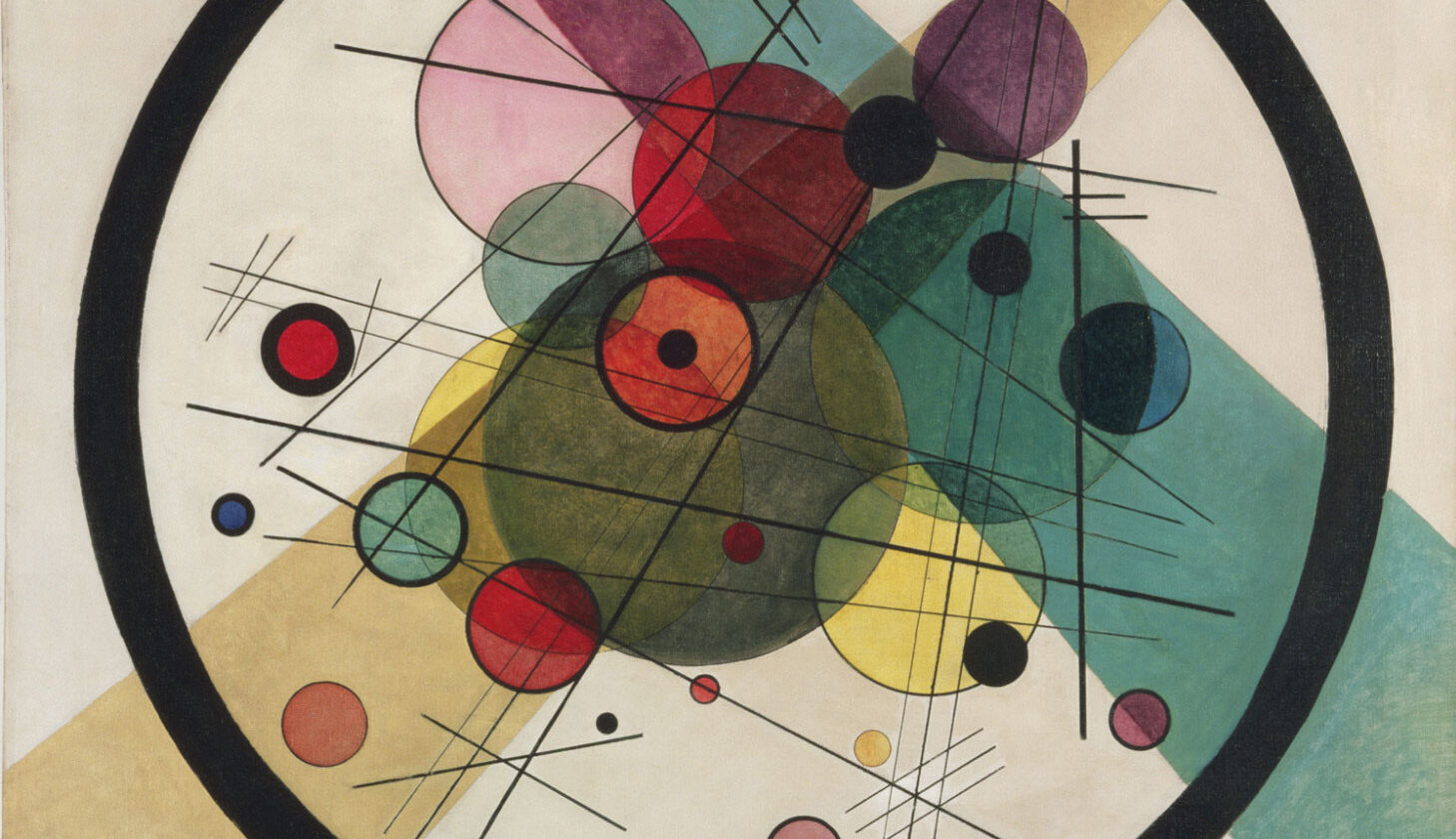Paper Assignment 1: Difficult Passage
In the first paper assignment, we want you to work more closely with a specific text, selecting a passage that you found particularly surprising, difficult, or engaging and bringing your analytical faculties to bear upon it in a way that explicates it and underscores the nuance necessary for understanding its function in the larger work. This kind of paper asks you to exercise your analytical skills with precision, focusing on how the author achieves a particular effect or deploys a complex argument. We encourage you to think about where you have struggled or responded to readings with frustration, confusion, or excitement as you select your passage. Avoid reproducing our class discussion or a passage we covered extensively in plenary.
Different disciplines might approach this kind of assignment in different ways, but here are a few strategies or approaches that will help you develop your mode of analysis:
Close Reading/Rhetorical Analysis: How does the passage achieve a particular formal, textual effect? How does the passage do what it does? What kinds of rhetorical devices and uses of language work in tandem to achieve that effect? In what ways does what happens in this passage help to illuminate the work as a whole? An example of this kind of writing would be to look at the way the narrative voice describes the relationship between “History” and “Memory” in the “History” chapter of Sundiata: An Epic of Old Mali.
Analysis of Argument: How does the author build their argument in a systematic and teleological manner? What are the gaps in the argument? What is it that makes the argument convincing or not? As an example, you could examine Taylor’s argument that the passage of time remains an irreducible mystery, or Trible’s argument that the text of the Old Testament does not support the notion of a hierarchy of male over female.
Definition / Analysis of a concept: How does the author define a central term/concept? Is the definition adequate? You could tackle how Anthropy uses the word “queer” or how Haraway defines “cyborg.”
Part-to-Whole Analysis: An argument is made of many parts. How might an enhanced understanding of a small but important passage from a source help us comprehend the mechanics of an overall argument? An example of an analysis of this variety might center on one of Schrek’s anecdotes and show how that brief scene illuminates the play as a whole. Another possibility would be to look at how the story of Tsui Pen’s labyrinth changes the way we read “The Garden of Forking Paths.”
As you prepare to write your first draft, we encourage you to make an appointment with a fellow who can sit down with you in a one-on-one tutoring session to walk you through this part of the process. This need not be with the fellow of your section, as each fellow will have 7 or 8 tutoring slots. Depending on their availability, you are free to meet with them more than once.
A few requirements:
Limited to one passage from one text from the course thus far (including Sapere Aude).
1000 words
Use MLA formatting and citation style (https://tinyurl.com/HumesMLA)
Draft 1 Due: 10/7 by 5:00 pm in Moodle
Draft 2 Due: 10/17 by 5:00 pm in Moodle
Paper 1 Final Draft Due: 10/24 by 5:00 pm in Moodle
